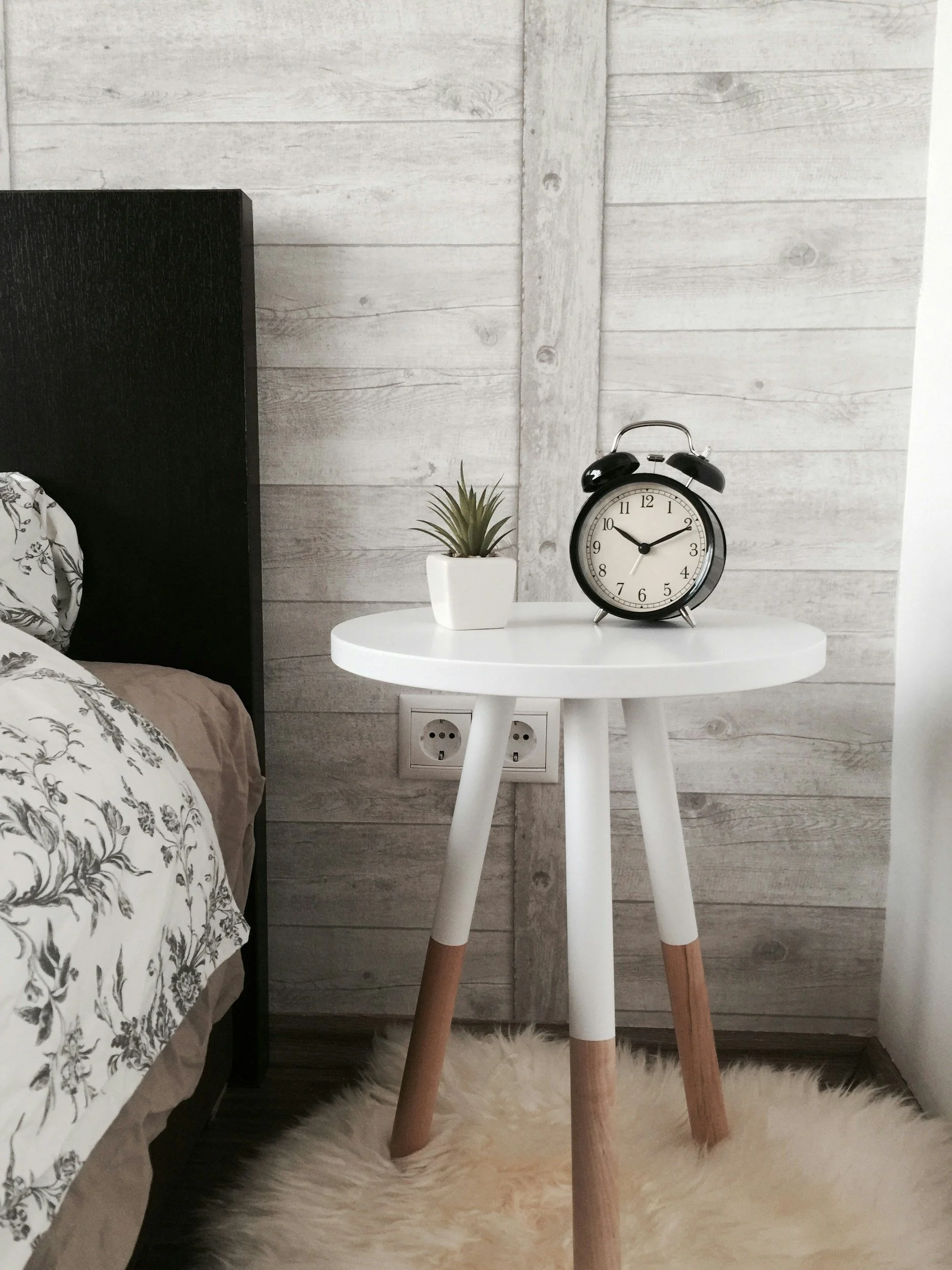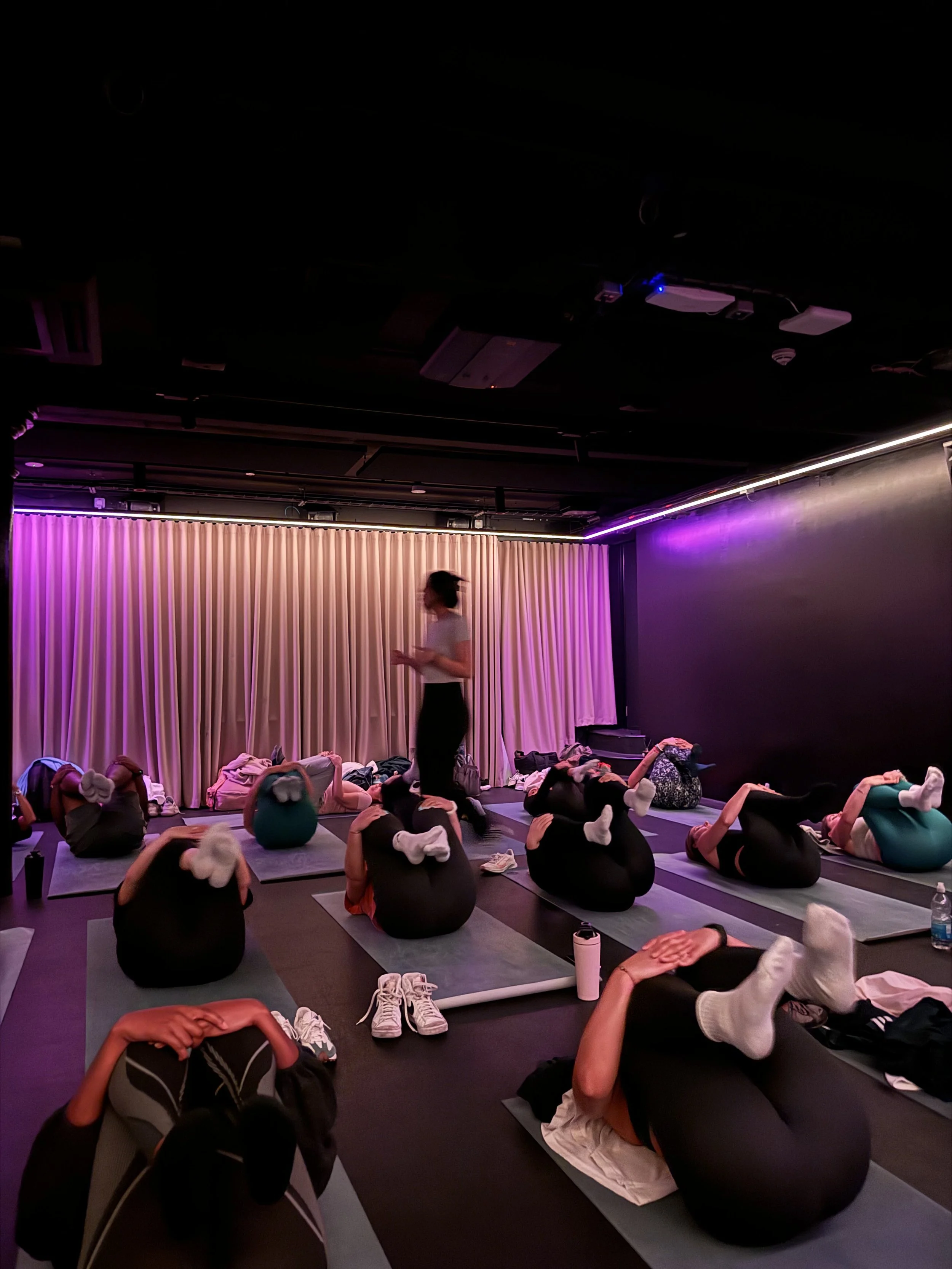How to Sleep Better: Practical Tips That Actually Work
If you’ve been Googling “how to get better sleep”, “how to sleep better at night”, or “tips to help you sleep”, you’re not alone.
Many of us struggle with getting enough quality rest, frequently tossing and turning, waking up in the night, or starting the day still feeling tired. And while it’s easy to assume that’s just part of modern life, the truth is that there ways to mitigate these, and improve sleep in realistic ways.
This article will show you how to have better sleep, in ways that feel manageable and achievable. As much as we’d all like to be able to follow the endless list of ‘hacks’ that are thrown at us across the media, the reality is that we have limited time and resources. That’s why we’ve put together a practical guide to help with sleep. Better sleep doesn’t just mean more energy. It means sharper focus, faster recovery, better mood, and overall a much healthier and happier you.
Let’s get into it.
Why Sleep Matters More Than You Think
Sleep is about so much more than rest. It’s the foundation of high performance, mental clarity, and long-term health.
Unfortunately, age-old messaging like “you can sleep when you’re dead” and “just power through” has led many people to undervalue sleep in a misplaced pursuit of productivity. The reality? Lack of quality sleep is one of the fastest ways to sabotage not just your productivity but your overall performance – physically, mentally, and emotionally.
When you’re juggling work, fitness, and the daily demands that life unexpectedly throws at you, quality sleep is your most underrated tool for recovery and resilience. A well-optimised sleep routine helps you feel sharper, recover faster, and perform at your best, whether that’s in the gym, at work, or in your day-to-day life.
When you don’t sleep well, everything feels harder:
It’s tougher to focus
Work feels heavier
Your workouts are less effective
And you’re more likely to feel overwhelmed, emotional, or stuck – 55% of women and 41% of men said poor sleep had a negative impact on their emotional wellbeing.
Sleep isn't just rest. It's when all the magic happens; when every single organ and system in your body resets. Without it, even the strongest people start to feel like they're running on empty. And even if you’re technically getting ‘enough’ sleep, it might not be the right kind of sleep.
For example, if you:
Wake up feeling heavy and foggy, not refreshed
Struggle to fall asleep, or wake up in the night and can’t switch off
Rely on caffeine to get going and sugar to get through the afternoon
Feel tired but wired in the evenings
If any of that sounds familiar, you're not alone. The good news is, there are things you can do to shift the pattern.
What Happens When You Prioritise Sleep
Getting 7–9 hours of high-quality sleep each night is the foundation for better energy, focus, and mood. But quality over quantity is what really counts when it comes to sleep.
When you get consistent periods of longer sleep, not only does your memory sharpen and your decision-making improve, but you also recover faster – whether that’s from a workout or a tough day, good sleep primes your body to be able to go again.
You’ll also find that your mood is more balanced, with the ability to handle stress better. And physically, there are multiple wins that occur when good quality sleep is achieved – your hormones are balanced, your muscles repair, and your immune system strengthens.
The Real Sleep Disruptors
Before we jump to what helps you sleep, it helps to know what might be getting in the way – most of which have come to be normalised.
1. Late-night screen time
Phones, laptops, and TVs emit blue light that delays melatonin – the hormone that tells your body it’s time to wind down. Try to turn off all screens 60 minutes before bed, and swap scrolling for a book, breathwork, or a podcast. Top tip: buy a regular alarm clock – or even better, a Lumi wake-up light – and charge your phone outside of the bedroom to avoid any screen temptation.
2. Stress and mental overload
The never-ending to-do list doesn’t magically disappear at night. Even if your body is begging for rest, your brain might still be wanting to solve problems. Try a 5-minute brain dump before bed. Write everything down – your to-do list, your worries, any reminders. You can even keep a notepad and pen next to your bed to quickly jot anything down that comes to mind later.
3. Alcohol and Caffeine
A glass of wine may feel relaxing, but alcohol can disrupt sleep cycles and leave you feeling groggy. As for caffeine, in most healthy adults it can linger in your system for 4-6 hours, but for some people it can be up to 12 hours. After lunch, try switching all caffeinated drinks for herbal teas instead. It’s also worth trying to avoid alcohol in the few hours before bedtime.
4. Your sleep environment
Noise, light, or temperature might be disturbing your rest without you even realising it. Only when you’ve slept in an environment that’s primed for good sleep, might you realise that there are small tweaks you can make to your own bedroom. A cool room is known to help you fall asleep easier and get better deep sleep, so perhaps have a fan on in the couple of hours before bed. It’s worth investing in some blackout curtains or an eye mask to keep the light out, as well as some earplugs or white noise if you’re sensitive to sound. Don’t underestimate the benefits of a supportive mattress or pillow also, as your sleep posture matters more than you think.
6 Things to Do to Sleep Better
You don’t need to overhaul your life to learn how to get better quality sleep. Start small. Below are simple things to help you sleep better, night after night. Perhaps one of them will make all the difference if you try it out for a few nights. Or maybe a combination of some or all of them. Introduce one of these when you can, increasingly adding in more over time, and see what shifts.
1. Set a Regular Sleep Schedule
Go to bed and wake up at the same time every day, even on weekends. It’s known to be one of the key things to help you sleep well consistently. Your mind and body get used to a routine, so going to bed at the same time each night helps you fall asleep more easily.
2. Get Morning Sunlight
Within 30 minutes of waking, get outside for a short walk, even just for 10-15 minutes. The key here is to do this without sunglasses, because light first thing in the morning resets your circadian rhythm (meaning you’re already preparing yourself for a good sleep later that night) as well as boosts your energy.
3. Create an Evening Routine
Pick two calming habits before bed: maybe reading, light stretching, or deep breathing. Let your body know it’s time to rest. Make this a habit so that it becomes second nature and your body perceives that as a wind-down signal.
4. Improve Your Sleep Space
Dim the lights an hour before bed – not just in the bedroom, but wherever you are spending your evening. Signal to the body that it is preparing for rest and sleep. It can also be useful to clear away any clutter, and make your room feel more like a calm sanctuary than a second office.
5. Reduce Stimulants
Avoid caffeine after lunch. Replace it with decaf, herbal teas, or just more water. If you crave a ritual, keep the habit but swap the drink. You can also try snacking on magnesium-rich foods such as almonds or dark chocolate.
6. Breathwork Before Bed
Setting some time aside for a simple breathwork routine is one of the best things to do before bed. Try 4-7-8 breathing (inhale for 4, hold for 7, exhale for 8), which calms the nervous system and helps you drift off more easily.
Still Not Sleeping Great? You Might Be Missing This
Even if you think you’re doing everything right, you might still be missing key habits for how to get better sleep at night. One of the biggest barriers to better sleep is believing that feeling tired all the time is just the norm. But it doesn’t have to be.
You don’t need a bootcamp-style overhaul, an expensive wearable sleep tracker, or a 10-step routine. You just need to give your body the conditions it needs to feel calm and ready to rest.
This might look like skipping late-night emails, saying no to a 6am workout after a broken night’s sleep, or simply giving yourself permission to delegate or renegotiate some of your work.
Remember, Sleep Is a Strength
If there’s one message to take away, it’s this: prioritising sleep is not lazy. It’s a fundamental pillar of self-respect in a world where everyone seems to be doing more. And remember – you don’t need fancy gadgets; you just need the basics of how to get better sleep naturally.
When you sleep well, everything else gets easier. And perhaps most importantly – you feel happier and healthier.
So whether your goal is to perform better, be more focused, or have more energy, it all starts with sleep.
If you enjoyed this article, you may want to subscribe to our mailing list where we share monthly actionable ways to improve your basic lifestyle habits for a richer, more fulfilling life. Subscribe here.
RELATED BLOGS
Want more articles like this?
Sign up and be the first to receive news and updates!













